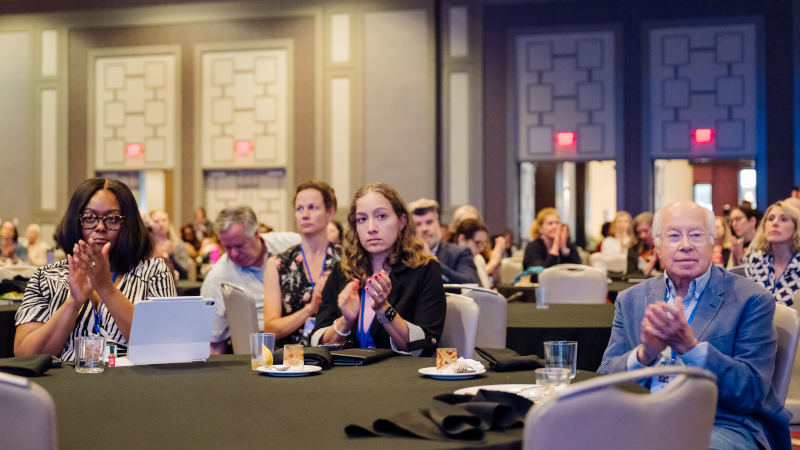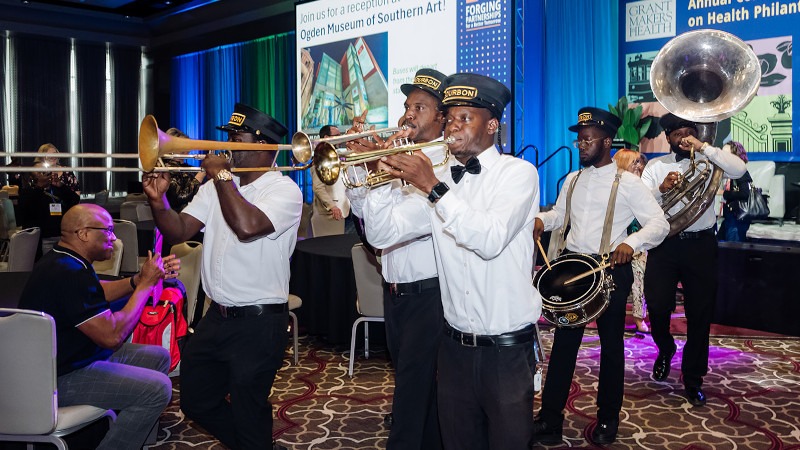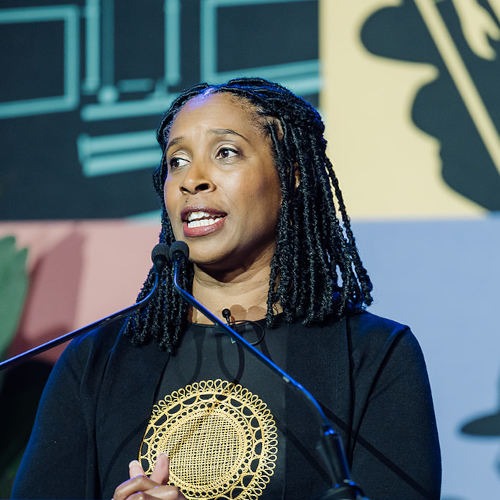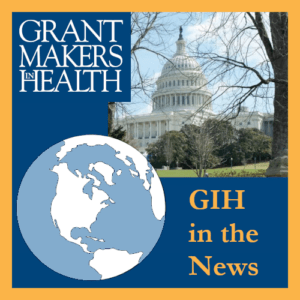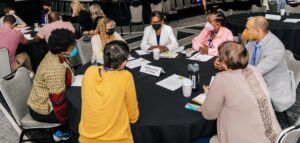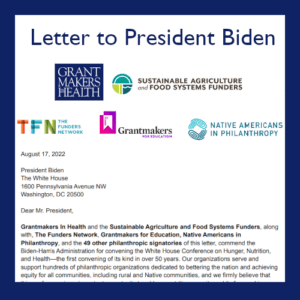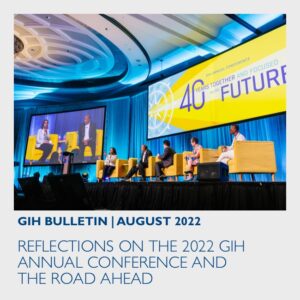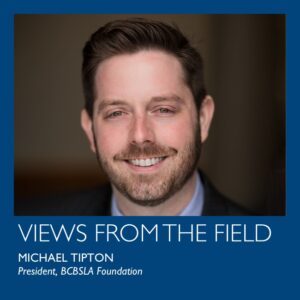Courageous Action for the Health of Our Communities
The final day of the 2025 Annual Conference on Health Philanthropy focused on milestone moments in health like the 20th anniversary of Hurricane Katrina and elevated the philanthropic partnerships already inspiring a better tomorrow. While much of the conference was spent reflecting, today was marked by action and what comes next: standing firm in values, being courageous, and co-creating a vision for the future.
Reimagining Health Philanthropy, Together
During Day 2 of the 2025 Annual Conference on Health Philanthropy, attendees across sectors worked together to identify the intersections of their work and co-created solutions for healthier, thriving communities. Sessions spanned a wide range of topics, from exploring business’ role in health equity to strategies for supporting staff in uncertain times.
Kate Treanor in Inside Philanthropy: COVID-19’s Effects on Philanthropic Giving
GIH Senior Program Director Kate Treanor was quoted in an August 24, 2022 Inside Philanthropy article about the effects of the COVID-19 pandemic and associated social movements on philanthropic giving to nonprofits. ’After George Floyd’s murder, a social justice movement swept the country,’ said Kate Treanor, senior program director at Grantmakers in Health, which represents…
Virtual Focus Groups to Inform GIH’s Policy and Advocacy Activities
This resource from BoardSource and the Building Movement Project offers insight and advice to boards about how to avoid pitfalls leading up to a transition and after a new leader is hired.
Wishing GIH’s Vice President a Fond Farewell
It is with a mix of joy and sadness that we announce that after 18 years Osula Evadne Rushing, Vice President for Program and Strategy at Grantmakers In Health, is leaving to rejoin the Kaiser Family Foundation (KFF) as Senior Vice President for Strategic Engagement.
Reflections on the 2022 GIH Annual Conference and the Road Ahead
It was so wonderful to see everyone in Miami at the 2022 Grantmakers In Health Annual Conference, especially those who joined us for the first time, and to learn more about the work you are doing to achieve better health for all through better philanthropy. The conference occurred at an important moment for our country. As Admiral Rachel Levine, U.S. Assistant Secretary for Health, said during our strategy session on advancing LGBTQ health equity “even after decades of social progress, the most vulnerable among us continue to suffer.” The conference provided an opportunity for us to reconnect, to reflect on the considerable health challenges facing the United States, and to learn and grow together as we explore and share solutions.
Lessons from a Long Season of Disaster Response
By the time this article is published, we’ll be marking several anniversaries of devastating natural disasters in Louisiana, all of which arrived late in summer. Hurricanes Katrina and Rita infamously decimated the Southern Louisiana area in 2005. Fifteen years later, in the span of just two consecutive summers, Hurricanes Laura, Delta, Zeta, and Ida battered a weary state still mired in the thick of COVID-19.

